A meeting called by President William Ruto at State House to address the controversial gazettement of land in Tana River County ended in dramatic scenes after local leaders strongly protested the move.
The gazettement, linked to the National Intelligence Service (NIS), had declared large portions of the county as protected zones without the knowledge or involvement of the communities living there. The closed-door meeting brought together senior government officials, intelligence officers, and leaders from the Coast region in an effort to ease growing tensions.
However, instead of calming matters, it led to an angry fallout. Reports indicate that the gazettement was done under the justification of national security. But leaders from the Coast accused the NIS of using security as an excuse to grab land without involving the public.
They described the move as unfair, forceful, and ignoring the rights of the local people. The leaders said the government decided the future of people in Tana River while sitting in Nairobi without asking for views, without compensation, and without showing any respect to the affected communities.
One delegate, in clear frustration, shouted that there was no consultation and no compensation before walking out of the meeting. That act triggered a wider protest, and other leaders including governors and MPs from the region joined in a coordinated walkout.
The dramatic exit disrupted the meeting and revealed how serious the mistrust between the national government and local leaders has become. What was meant to be a dialogue turned into a protest against what the local leaders described as top-down governance with no regard for the people on the ground.
For many in the Coast region, especially in Tana River, this was just the latest example of how government policies are made without considering the voice of the people who are most affected.
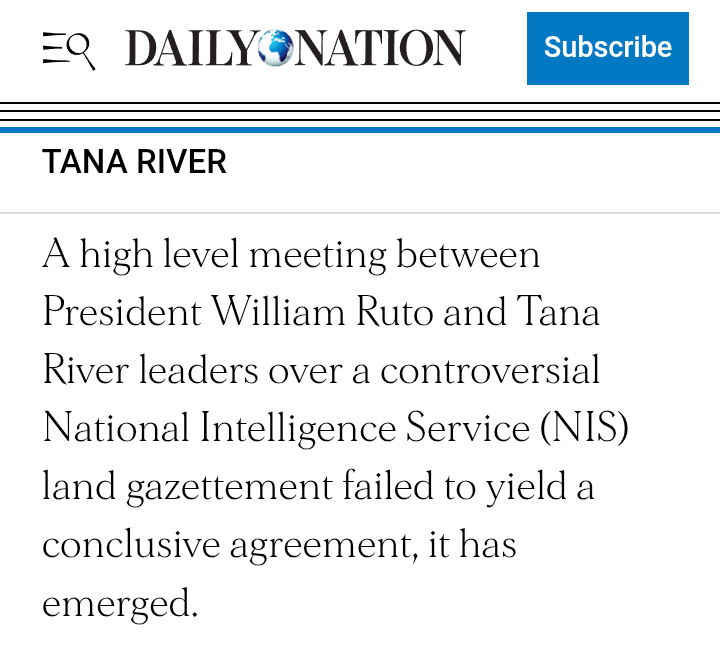
They view the sudden designation of their land as a protected zone as an act of dispossession disguised as national security. The situation now raises bigger questions about how the government handles land issues, the lack of transparency in its security-related decisions, and whether President Ruto can restore the damaged trust.
Many residents and leaders in the region already feel excluded and sidelined, and this latest development only deepens that feeling. Without urgent steps to involve communities in such major decisions, the rift is likely to widen, and it may create long-term resentment towards the government.
The State House meeting was supposed to be a step toward healing the divide, but it has instead exposed the underlying anger and suspicion that continue to grow in regions where the state is seen more as a threat than a partner.






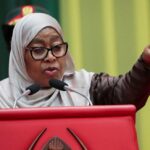
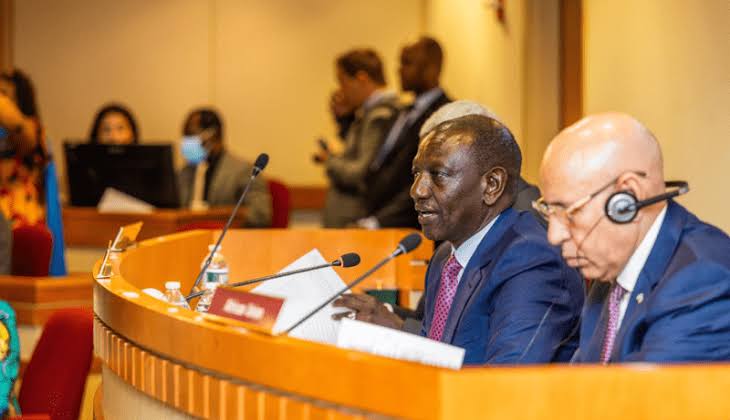
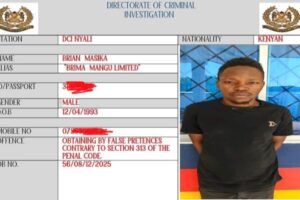


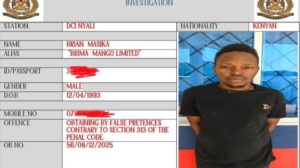


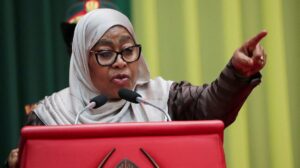


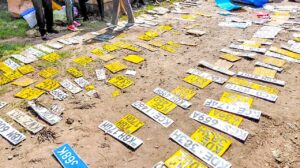



Add Comment